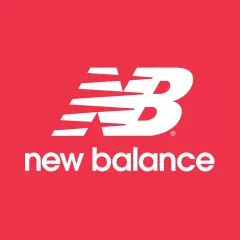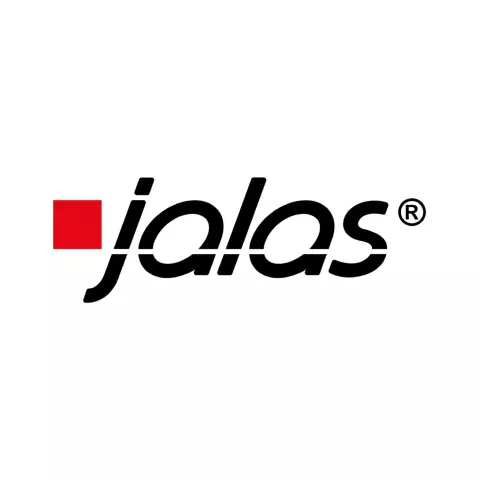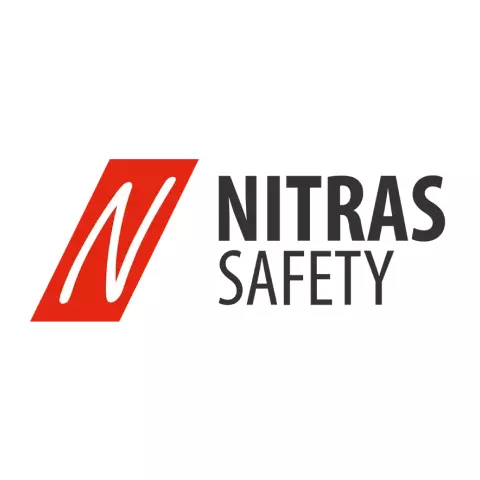
8 Steps to Streamline Your RFP Process
Introduction The Request for Proposal (RFP) process, often viewed as cumbersome and time-consuming, remains a crucial tool in sourcing goods...

Get 20€ off on your first order!































Is getting the best deal on materials bought through a group purchasing collectively enough for smaller businesses? Discover how to maximize the benefits of your GPO. Many small businesses purchase office supplies and materials at retail pricing because they need more bulk purchasing power or sufficient negotiating abilities to obtain lower prices.
As the business grows there will be more burden on working with cash. The most important thing that businesses must keep in mind is they must figure out how to minimize expenses and maximize cash flow.
These days, GPOs (Group buying organizations) are attracting a lot of businesses because they can provide consistency and savings. It is not compulsory to necessitate the establishment or expansion of a procurement organization or bulk purchase in GPO.
In this piece, we analyze the GPO concept and offer important details about these institutions.
A collective purchasing organization or (GPO) is a group of buying groups that uses the combined power of a variety of businesses. These are done specially in the same industry, to negotiate for lower prices on goods and services.
Similarly, GPOs play a vital role in reducing costs by negotiating better contracts with suppliers and manufacturers.
By pooling their purchasing power, members receive discounts and other benefits that they would not otherwise be eligible for. Through the GPO, organizations work together to maximize supplier connections and reduce costs.
A traditional vertical GPO allows its members to make orders with the company’s network of suppliers for products and services at predetermined pricing using a centralized buying system.
1. GPO helps maintain contracts with suppliers on behalf of its members, especially in a certain industry or specialization to obtain savings. They also help to achieve other benefits for the members.
2. The GPO also offers value-added services, like trend analysis, electronic invoicing, and cost-savings reports including assistance with product standardization, and budgeting tools. This helps members make even more informed purchasing decisions.
3. GPO acts as a single point of contact for all orders and the ordering processing is streamlined by GPO only. GPO takes this action to manage multiple supplier agreements and documentation and reduce the expenses of members. This centralized purchasing system also reduces repetitive efforts by using a well-established sourcing approach that complies with certain guidelines designed to best meet the needs of all participating members.
Group buying organizations were founded to help businesses bargain with suppliers for lower rates.
The original purpose of GPOs was to support medical professionals. Large vendor contracts were created by combining the purchase of common goods and materials, providing hospitals and doctors with options to save time and get the best prices on patient-care supplies and services. This will allow the business owners to benefit from economies of scale and buy surgical and medical supplies at a reduced price.
There are three different types of GPO. They are Vertical, Horizontal, and Master purchasing.
Vertical GPOs: Vertical GPOs are businesses that purchase goods or services from vendors in a selected region or sector. There are a few common vertical GPOs, for instance: the hotel, hospital, and municipal sectors and school purchasing groups.
Similarly, to benefit from the bulk purchasing and supply requirements there are certain small entities, such as towns and school districts, affiliated with GPOs that enable them to provide simultaneous services to multiple small entities.
Horizontal GPOs, whether regional or nationwide, are designed to combine the purchasing power of numerous companies and industries. Horizontal GPO service businesses looking to hire them, regardless of size or industry. These alliances can be helpful for smaller organizations looking for volume advantages, although the options might not be as narrow as they would be with a vertical GPO.
Lastly, large companies establish MPOs(Master Purchasing Organizations) to pool the purchasing power of the subsidiaries with their own.
In an overview, to make income or receive money, GPOs charge a portion of a member’s purchases or establish a membership. Similarly, they also might charge suppliers contract fees.
Both of these might be implemented by GPO to make a profit.
Smaller and recently founded businesses can obtain volume discounts because GPOs’ strength-in-numbers purchasing strategy allows them to obtain better volume-based pricing than they could through solo bargaining. This is the primary advantage of GPOs for smaller companies looking to reduce costs.
Access to volume discounts: Reputable GPOs provide numerous alluring benefits, including lower prices, simpler access to essential supplies, and better pricing, to small and medium-sized businesses without internal or external procurement teams.
Group buying power: Small businesses may find it difficult to meet the order minimums required by some vendors. A group purchasing organization (GPO) removes this obstacle by consolidating member purchases. Buyers should be aware that, although buying in bulk offers the advantages of economies of scale, a GPO contract may force members to buy a certain amount of items throughout the contract. This becomes important if stakeholders keep making purchases that aren’t allowed by their membership.
Curated selection: To supply goods and other required supplies, GPO uses contracts, and screened vendors. By using vendors from GPO, the company will be able to get all the things it requires in one place. Thus curation will automatically help in saving time.
The disadvantages of a collective purchasing organization
Even with these benefits, there are certain disadvantages to the GPO model that need to be considered before accepting an offer.
Contractually unavailable items: The GPO is designed to optimize benefits for the collective group. Sometimes this arrangement reduces the effectiveness for the members especially when members search for a specific type of supply that is not covered by GPO contracts. Therefore, the members will then have to choose whether to settle for a comparable item or buy products without contracts.
Loss of free market opportunities: When you commit to a GPO contract, there’s a risk of limiting your access to superior offers if the GPO undermines your pricing negotiations or fails to meet your requirements. This diminishes your ability to leverage better opportunities and negotiate effectively while under contract.
Lack of transparency: There is limited transparency in some GPOs regarding their revenue sources and routine operations. It is very important to investigate or analyze properly the partner policies, vendor relationships, and payment details of GPO. Similarly, other pertinent details should also be analyzed. You must conduct proper research before committing to a partnership with GPO.
Even though GPOs give the impression of simplicity and cost savings, their brokers bring in money for for-profit companies. While there’s nothing wrong with GPOs profiting from this model, you should have an open mind about your business relationship with them. You must be aware of choosing the GPO and analyze the policies before committing.
This might not be noticed in GPO’s promotional materials.
GPOs may spend more: GPOs emphasize volume. So, procurement audit representatives might suggest more items and expenses than you require. When you receive an audit from a GPO, make sure the recommended products still fit your organization’s current requirements.
Members of GPO come in all shapes and sizes, but the arrangement benefits the smaller members the most as the larger members are the ones who carry the group. The growth and development in business will automatically increase in volume requirements and ability to negotiate. It suggests, that if your company is poised for expansion then GPO may eventually provide diminishing returns.
Unable to restrict Shadow spending: Sometimes collaboration with GPOS for supplies can prove to be an economical undertaking which may also lead employees to remain under contract. Getting people to comply with a specific GPO or vendor is often a challenging undertaking. Without a centralized purchasing platform to oversee and monitor spending, evaluating compliance is very labor-intensive. Larger companies that are used to getting the exact things they want may circumvent the GPO by procuring outside contracts. Such ignorance may lead to problems if off-contract purchases lower the cash efficiency of group buying.
When considering a partnership with a GPO, it is okay to consider opportunity costs in addition to possible savings. Even if a recent study on healthcare GPOs predicted savings at 15 to 20 percent, do the math to make sure a GPO is still worth it after costs. The selection of products that their GPO partner offers under the terms of the contract can affect the net returns that horizontal GPO members receive.
When evaluating a GPO collaboration, the following questions ought to be asked:
Thank you! You've signed up for our newsletter.









Introduction The Request for Proposal (RFP) process, often viewed as cumbersome and time-consuming, remains a crucial tool in sourcing goods...

Introduction: Business Process Outsourcing (BPO) has transformed from a simple cost-saving measure to a strategic asset for companies of all...

Introduction: In business, “procurement” and “purchasing” are commonly used interchangeably, but they are different functions with different goals and processes....

Introduction The Request for Proposal (RFP) process, often viewed as cumbersome and time-consuming, remains a crucial tool in sourcing goods...

Introduction: Business Process Outsourcing (BPO) has transformed from a simple cost-saving measure to a strategic asset for companies of all...

Introduction: In business, “procurement” and “purchasing” are commonly used interchangeably, but they are different functions with different goals and processes....
Get 20€ off on your first order!
Save 30% by buying directly from brands, and get an extra 10€ off orders over €100
Save 30% by buying directly form brands, and get an extra 10€ off orders over €100